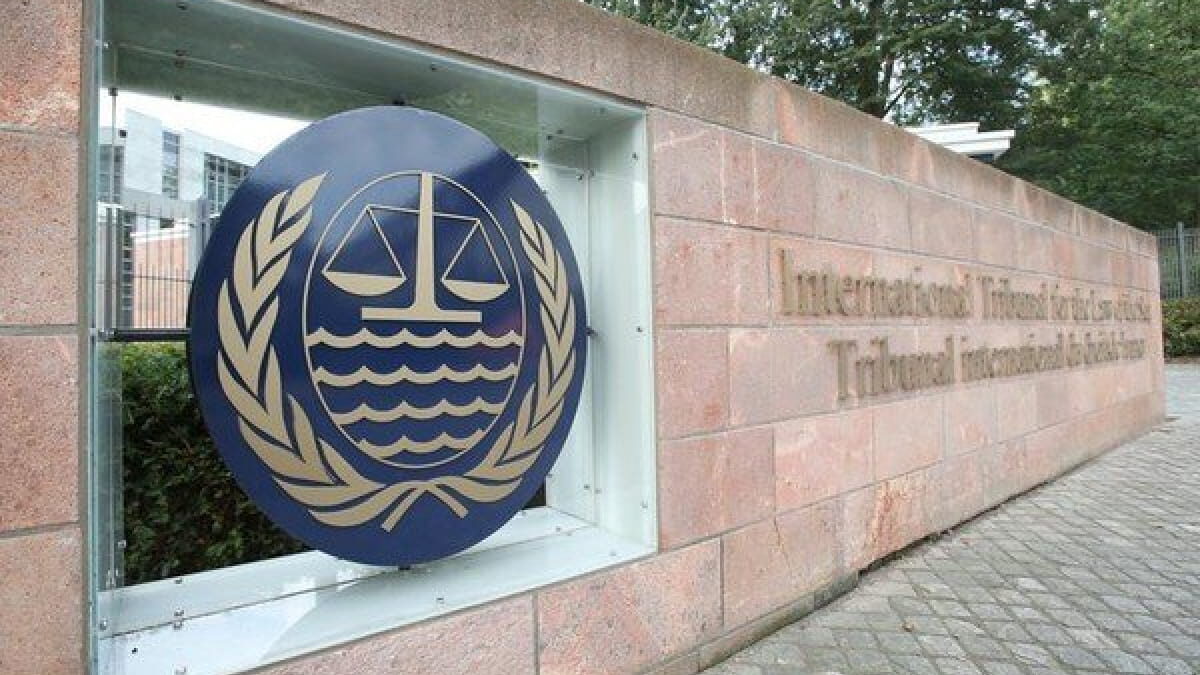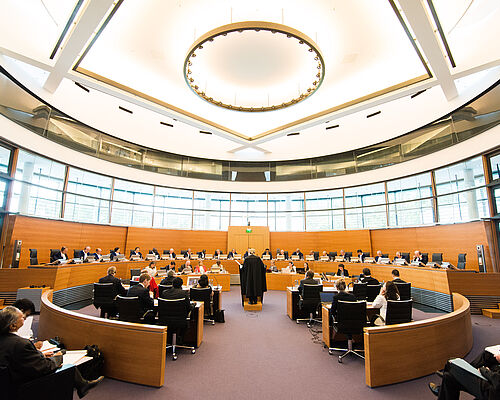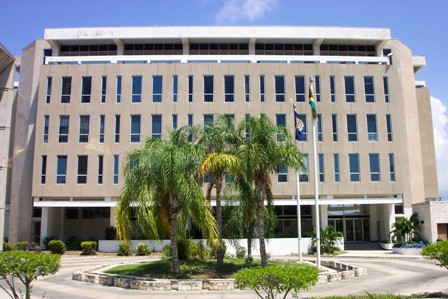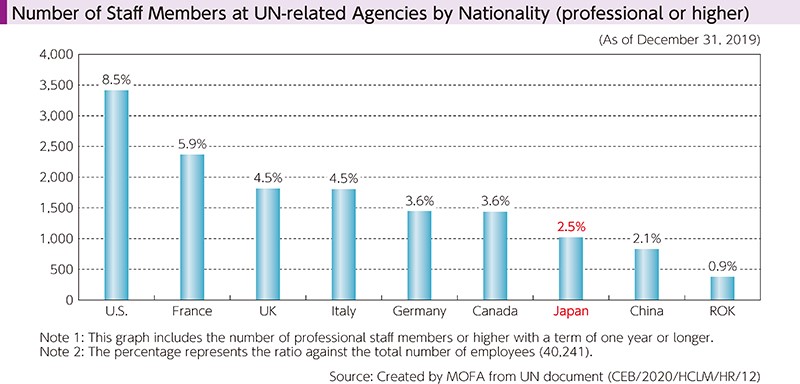Japan’s Real Ability to Act as Rule-Maker of the Maritime Order

Prime Minister Kishida has expressed his keynote speech at the so-called the “Shangri-La Dialogue” held in Singapore in June 2022 as follows:
- Due to Russia’s invasion of Ukraine, the foundations of the international order have been shaken, and the international community is facing a crossroads in the world history.
- The international community is forced to choose either the “rules-based international order” or the “law of the jungle.”
- Japan will formulate a plan by next spring to realize the “Free and Open Indo-Pacific (FOIP)” based on the rule of law.
(Figure: Shangri-La Singapore)

(Source: Shangri-La)
The “Shangri-La Dialogue” takes its name from the “Shangri-La utopia” that appears in the book “The Lost Horizon” by British author James Hilton, but it seems that the prime minister faces a world that is far from utopia.
When the topic of “ocean” comes up, it is well known that Japan is at the top level of technological development. Especially, in order to secure marine resources such as fisheries and mineral resources, Japan has been promoting seabed exploration and oceanographic research, and its technologies are the top levels in the world.
But in fact, Japan also plays a major role in the formation of order.
For example, since the establishment of the International Tribunal for the Law of the Sea (ITLOS) in 1996, Japan has continued to produce judges.
(Figure: ITLOS)

(Source: ITLOS)
Up to now, Judge Souji Yamamoto (term of office: 9 years from October 1996) and Judge Shunji Yanai (term of office: 9 years from October 2005) have been elected from Japan (*1).
Judge Yanai was also elected President of the Court in October 2011, and was reelected in the June 2014 election for the Court’s judges.
Japan also plays a major role in the International Seabed Authority (ISA), which was established in accordance with the United Nations Convention on the Law of the Sea for the primary purpose of managing mineral resources on the deep-sea bed.
Japan has been consistently elected to the Council of ISA and is also the largest contributor.
(Figure: ISA headquarters in Kingston, Jamaica)

(Source: UNCLOS UK)
Considering that maritime trade accounts for about 99% of Japan’s trade, stability of the maritime order is essential for Japan’s development and prosperity, and Japan will continue to play a major role in this area.
Although Japan has produced top leaders in the maritime field, it has been pointed out for many years that the number of Japanese executives and staff members in other UN agencies is still low.
(Figure: Number of Staff Members at UN-related Agencies by Nationality
(professional of higher))

(Source: MOFA)
The number of the Japanese in executive positions, such as Deputy Secretary General level, has been increasing year by year. According to the Ministry of Foreign Affairs (MOFA), the number of executive posts increased from about 50 in the early 2000s to 88 by the end of 2020. However, considering the large amount of Japan’s financial contributions, the number of postings is still low (*2).
While some countries are putting their own interests first, such as the World Health Organization (WHO) over the new coronavirus, Japan should contribute to the fair and neutral management of many international organizations, not only in the maritime field, by increasing the number of senior officials.
(reference)
*1 https://www.mofa.go.jp/mofaj/gaiko/kaiyo/law.html
*2 https://www.mofa.go.jp/policy/other/bluebook/2021/en_html/chapter5/c050102.html
Hiroyasu HARADA
Manager (Senior Analyst), Global Intelligence Group (GIG)



